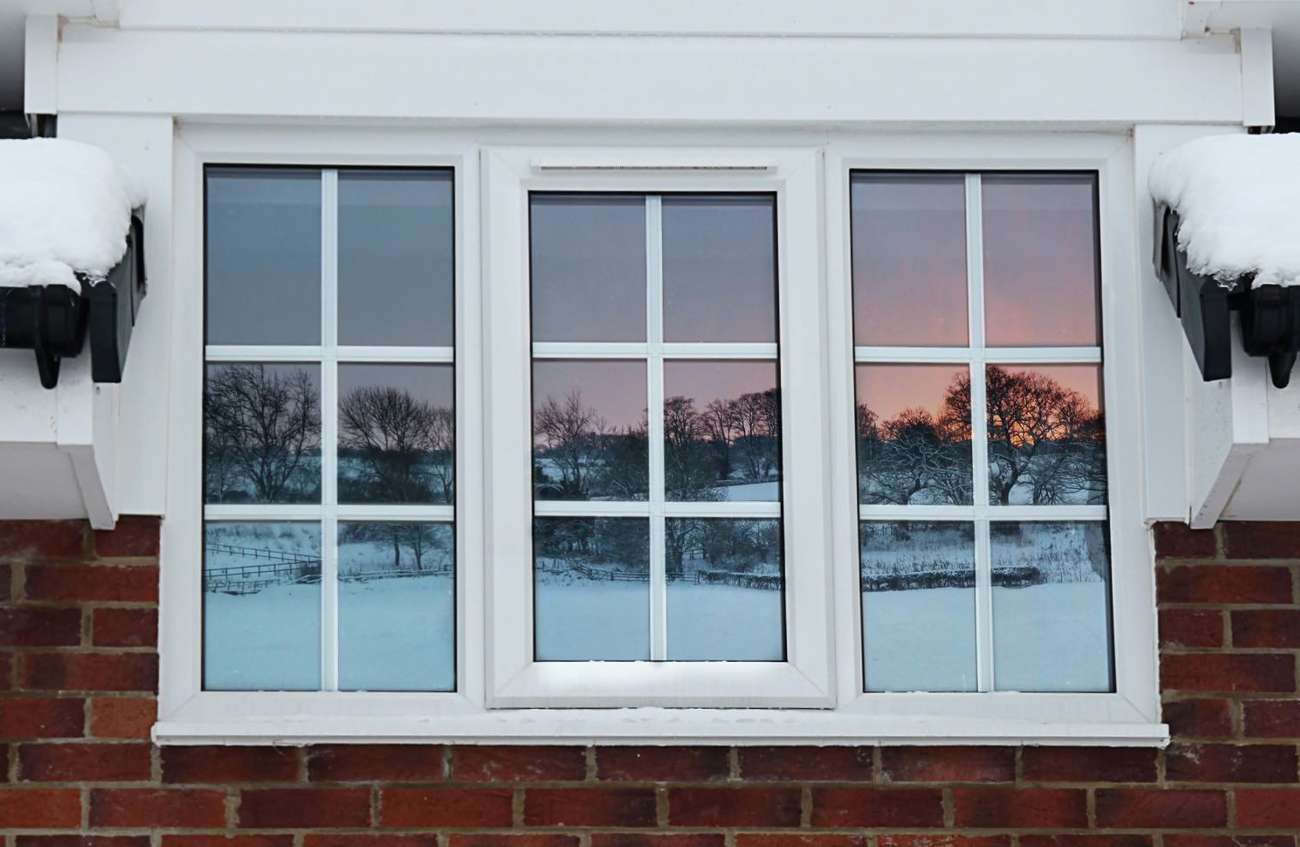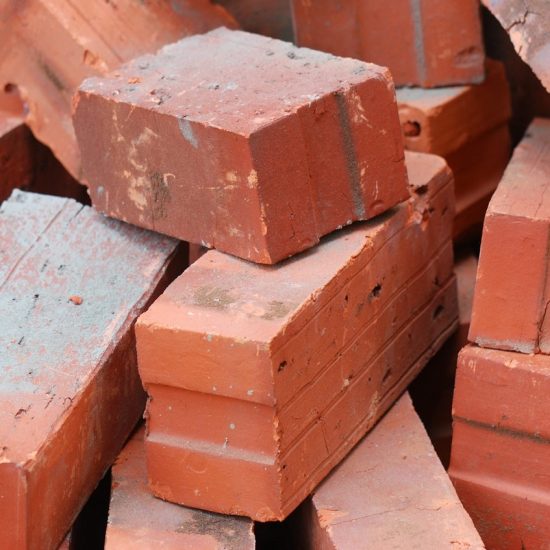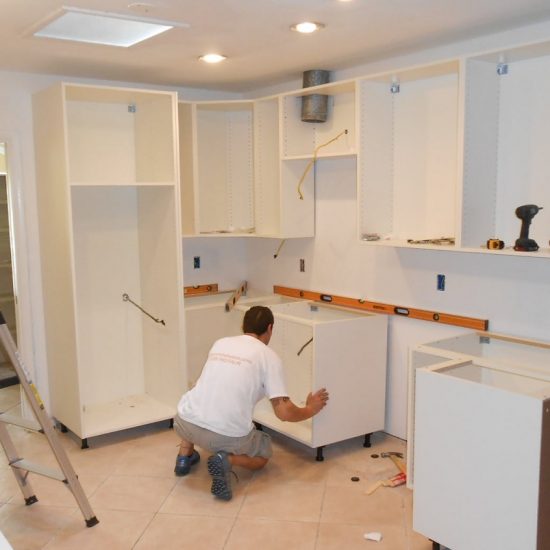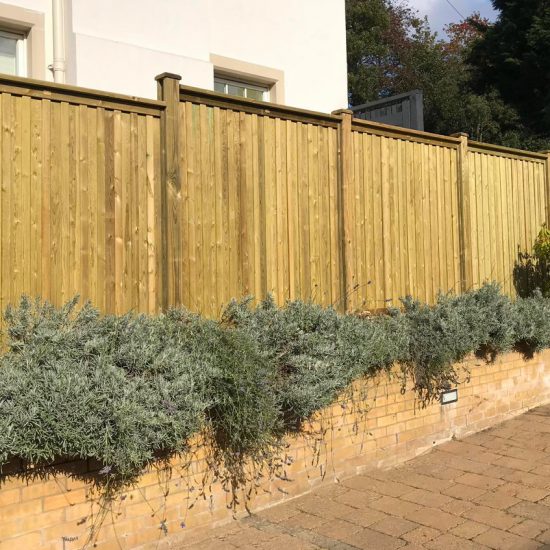Double Glazing - Types & Sizes
All you need to know about Double Glazing including the different types, sizes and costs.
Double-glazing the windows or doors of your home is an invaluable investment; not only for the homeowner who plans on selling the home in the near future, but also for those who plan on living in their home for years to come. The finish of double glazed windows is durable, will help with UV protection, block out harmful sunrays, preserve your furniture/flooring, and help improve the overall aesthetic of your home. If you are considering doing any remodeling work, and windows/doors are a top priority on the list, this article will help you determine if double glazed windows are the right investment option.
Double Glazing Sizes & Dimensions
Double glazed windows can greatly help reduce energy consumption in the home, by better controlling heating/cooling. In addition to this, they provide additional UV protection, so your furniture won't get damaged, nor will your costly flooring in the home. They help with noise isolation, help increase levels of privacy, and they add an aesthetic appeal to your home, which traditional windows don't provide.
List of Most Common Sizes
- 20 mm (thickness)
- 38 mm (thickness)
- 20 - 28 mm (thickness)
- 16 mm (thickness)
- 12 - 20 mm (thickness)
Double Glazing Types
Although many people aren't aware of the fact that there is more than one glass/glaze material option, you do have several varieties you can choose from when having your windows double-glazed. It is important to understand the longevity, the durability, how much protection these windows afford, and the cost of upgrading the windows. Depending on the level of protection desired, your budget, and the number of windows which are being glazed, these are a few of the options available to homeowners, who are ready to remodel their home, and plan on upgrading the windows and doors in the home.
- Low E-energy Saving Glass
- Acoustic Glass
- Self-Cleaning Glass
- Fire Glass
- Solar Control
Low E-energy Saving Glass
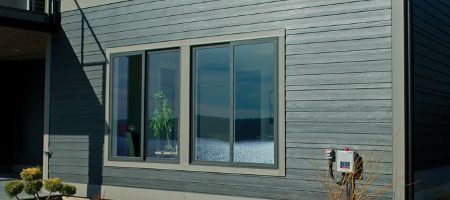
For thermal insulation, this Low E-energy saving glass material is the option chosen by contractors during the installation process. The low-emissivity glass is best for colder regions, where energy is traditionally used to heat the home. This is an energy efficient glass, will help heat the home, and help maintain/preserve warmer temperatures, no matter how cold it gets outside.
Acoustic Glass
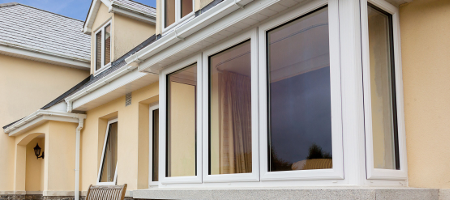
If you want to lessen the noise outside of the home, this is the type of glass which should be installed when double glazing the windows and doors. It has one or more sheets of glass which are bonded together, to form acoustic interlays, and help prevent noise penetration. They help to weaken the levels of sound as they travel through the glass.
Self-Cleaning Glass
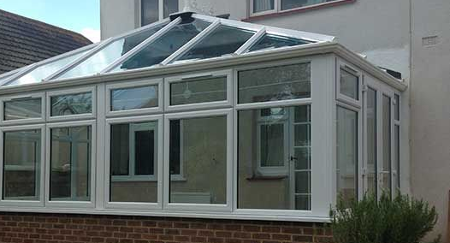
If you don't want to have to do the window-washing yourself, this is the obvious material choice for your new double glazed windows. The new technologies in these uPVC windows can clean themselves, as they are pre-coated, with a transparent coating, which breaks down dirt as it reaches the surfaces.
Fire Glass
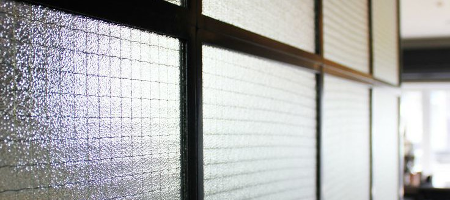
This glass is intended to protect the home from fire and smoke damage, in the event of a fire threat. It has a tough laminate coating, and exterior coating technologies, which are intended to make the glass more resistant, and protect from smoke, flames, and fire threats. However, for any chosen fire glass, you should check for recommended usage and appropriate testing.
Solar Control
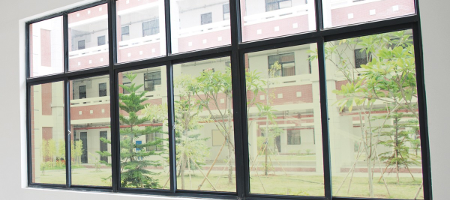
This glass is intended to help filter and reflect the sun's rays which allows more natural light into the room. This helps reduce the visual glares, helps maintain comfortable conditions in the home, and naturally creates a barrier from too much sunlight from entering the home.
Things to Consider before Buying
Double glazed windows are an investment more and more homeowners are making today. In addition to increasing the home's value, they help naturally prevent sun-damage, UV-damage, and help maintain temperature controls in the home. By preventing too much sun from entering, and a thicker barrier protecting wind/heat from entering the home and seeping out, will better help with energy efficiency in the home, at any time of the year. The windows are thicker, providing a sound-barrier, and helping eliminate clutter or exterior noises from penetrating into the home, as loudly as they would with single-pane windows.
Additionally, the thicker materials provides a more aesthetically appealing finish/detail. Less glare in the home, nicer detail work, and a more even/balanced appearance, are all achieved, when new double glazed windows are installed in the home. Cost savings over time, also make them a worthwhile investment, as they will pay for themselves, only a few years after having been installed in the home. There are many material options to choose from when installing double glazed windows, for the homeowner who is ready to upgrade their home, this is a great investment, and some of the top material finishes to choose from.


